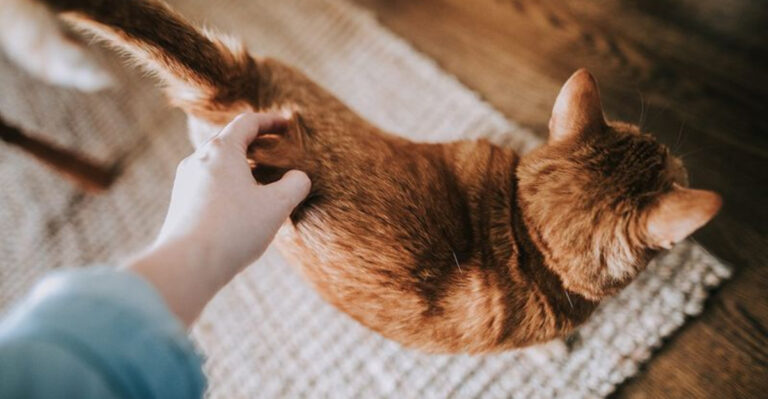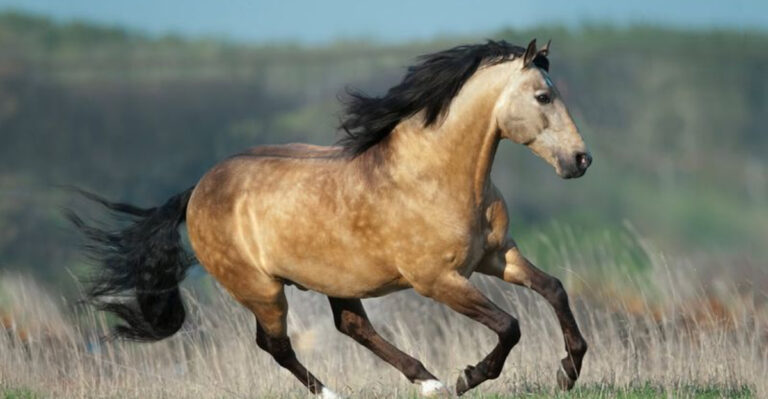Odors That Birds Can’t Stand And How To Keep Them Away
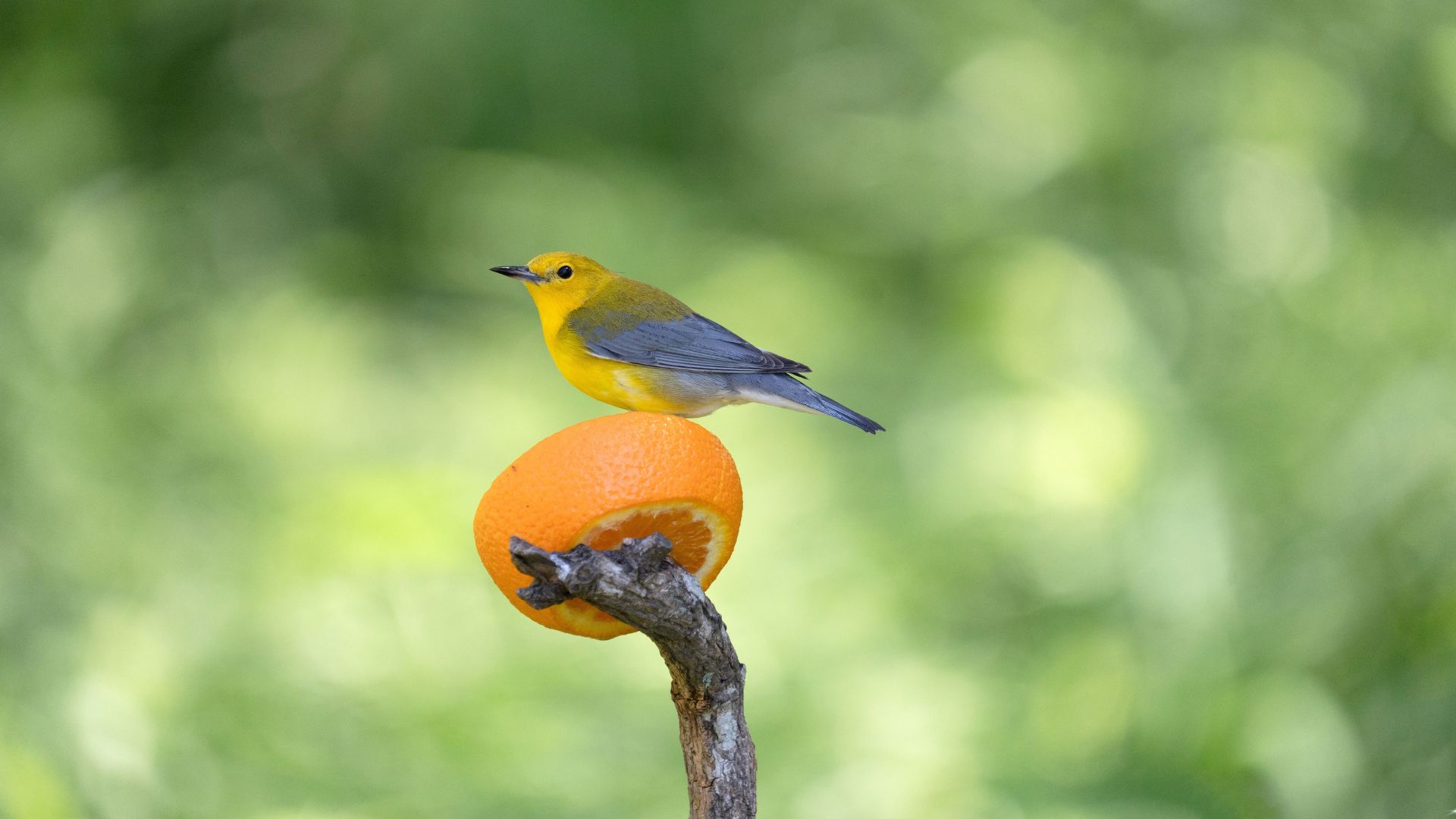
Birds can be lovely to watch but frustrating when they damage gardens or create messes on porches and patios.
If you’re looking for humane ways to keep feathered visitors at bay, certain scents offer a natural solution. Birds have sensitive respiratory systems and tend to avoid strong smells that we might barely notice. Here’s how to use these bird-repelling odors effectively around your home.
1. Peppermint
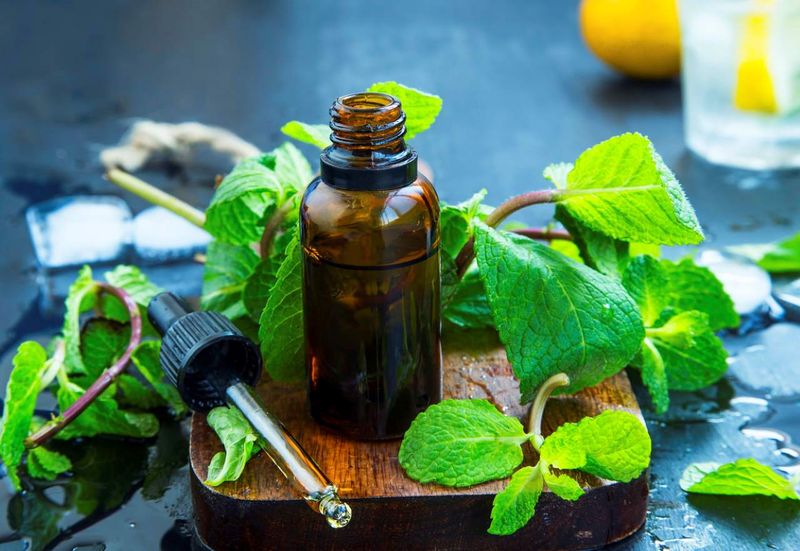
The cooling menthol compounds in peppermint overwhelm birds’ sensitive olfactory systems. Many species will actively avoid areas where this scent lingers.
Create a simple spray by adding 15-20 drops of peppermint essential oil to water in a spray bottle. Apply to garden borders, window sills, and deck railings every few days for best results.
2. Vinegar

Vinegar’s acidic aroma irritates birds’ sensitive nostrils and respiratory systems. White vinegar works particularly well as a natural deterrent without harming the environment.
Soak old rags in vinegar and place them in mesh bags near problem areas. Refresh weekly or after rain. For extra potency, mix equal parts vinegar and water in a spray bottle for targeted application.
3. Garlic

Garlic’s sulfur compounds create an invisible barrier birds refuse to cross. The pungent aroma confuses and repels them without causing harm.
Crush several cloves and simmer in water for 15 minutes. Once cooled, strain and transfer to a spray bottle. Apply around garden perimeters, fruit trees, and problem areas twice weekly for maximum effectiveness.
4. Citrus Peels
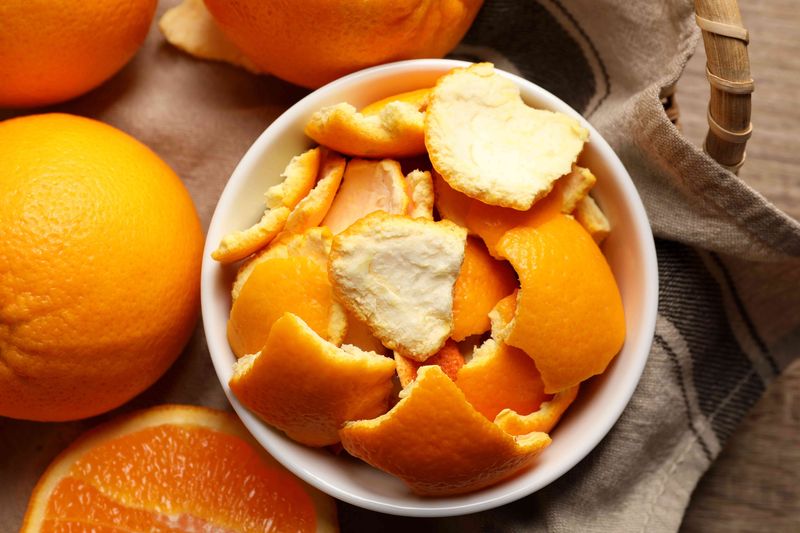
The oils in citrus peels contain limonene, a compound birds find particularly offensive. Their sharp, acidic smell creates an unwelcoming environment for feathered visitors.
Scatter fresh orange, lemon, or grapefruit peels around garden beds and bird-prone areas. Replace them every 3-4 days as the scent fades. For stronger protection, simmer peels in water and spray the cooled solution.
5. Eucalyptus Oil
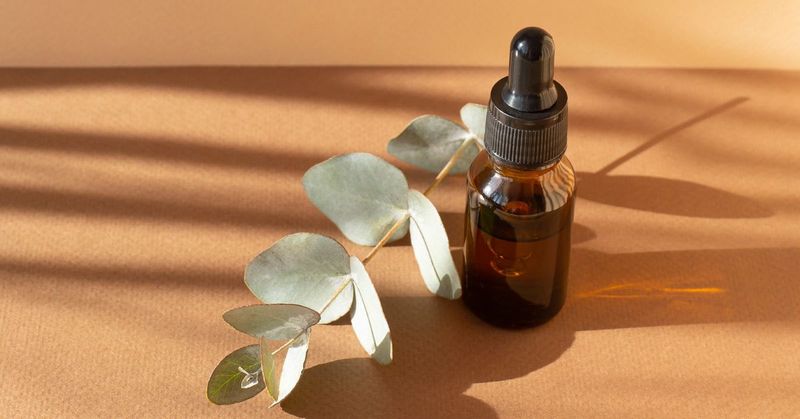
Eucalyptus contains cineole, a compound that disrupts birds’ sensory perception. Just a few drops create an environment most birds avoid entirely.
Mix 20 drops with water in a spray bottle for a quick deterrent. For longer-lasting protection, soak cotton balls in pure eucalyptus oil and place them in mesh bags around problem areas. The distinctive smell keeps birds away while smelling pleasant to humans.
6. Mothballs
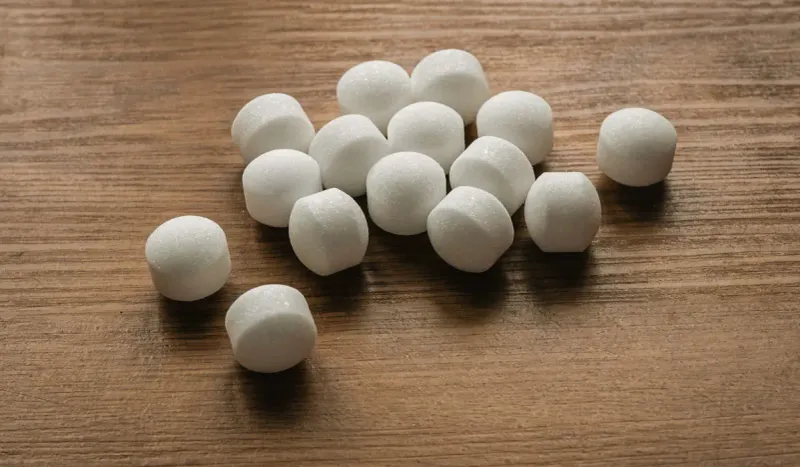
Mothballs release naphthalene gas that birds find intolerable. While effective, they require careful handling due to their toxicity to pets and wildlife.
Place mothballs inside ventilated containers where birds congregate but away from children and animals. Use sparingly in enclosed spaces like attics or eaves. Always wash hands thoroughly after handling and consider safer alternatives for food-growing areas.
7. Chili Powder
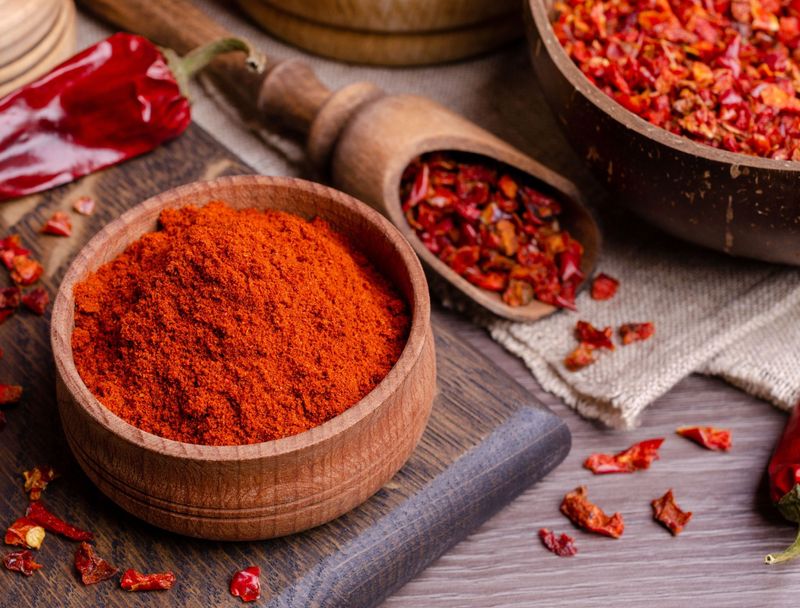
Birds lack receptors for capsaicin’s heat but still react strongly to chili powder’s pungent aroma. The spicy scent creates an invisible boundary they rarely cross.
Sprinkle chili powder directly on soil around plants or mix with water to create a potent spray. For better adhesion, add a few drops of mild dish soap. Reapply after rain or every 3-4 days to maintain effectiveness.
8. Coffee Grounds
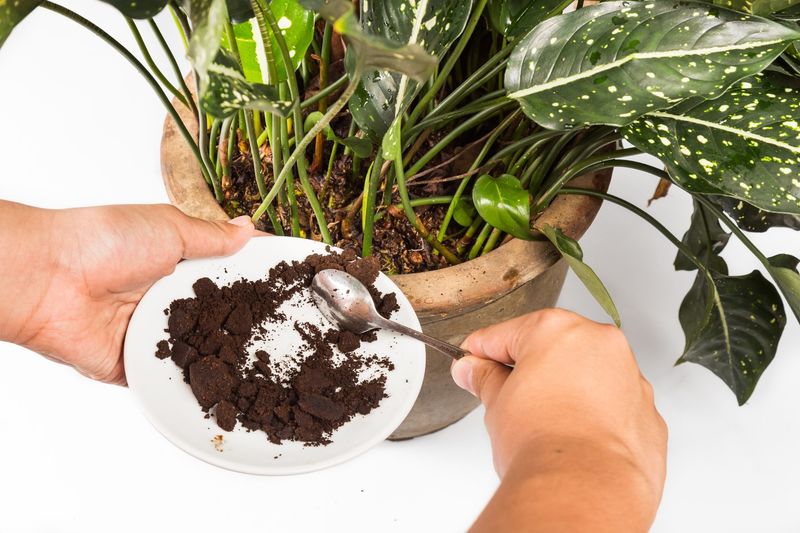
Used coffee grounds emit compounds that birds find particularly offensive. The strong, bitter scent keeps them away while benefiting your garden soil.
Simply scatter dried coffee grounds around plants, trees, or other areas where birds gather. The grounds gradually release their scent while adding nitrogen to the soil. Refresh weekly or after heavy rain for continuous protection.
9. Onion
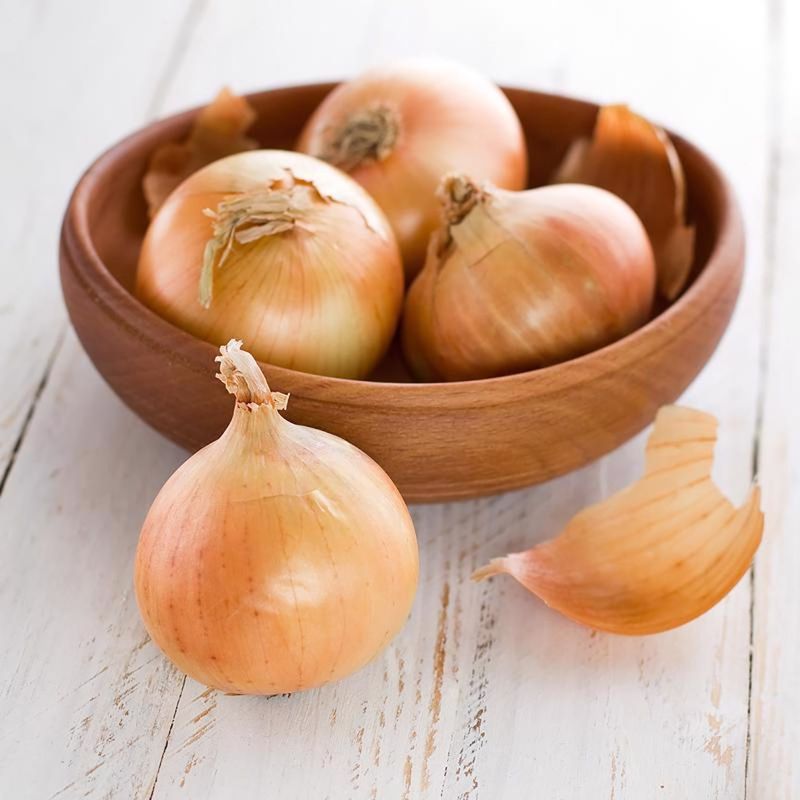
Onion’s sulfur compounds create an invisible shield birds won’t penetrate. The strong aroma overwhelms their sensitive respiratory systems without causing harm.
Chop onions and place them in small dishes around problem areas. For a liquid repellent, boil chopped onions in water for 15 minutes, cool, strain, and spray. The pungent solution works especially well on railings and ledges.
10. Clove Oil

Clove oil contains eugenol, a compound with a powerful aroma that disrupts birds’ sensory perception. Most species will actively avoid areas where this scent lingers.
Add 15-20 drops to a spray bottle filled with water and apply to problem areas. For a stronger solution, soak cotton balls in diluted clove oil and place them in small mesh bags around your property.
11. Ammonia
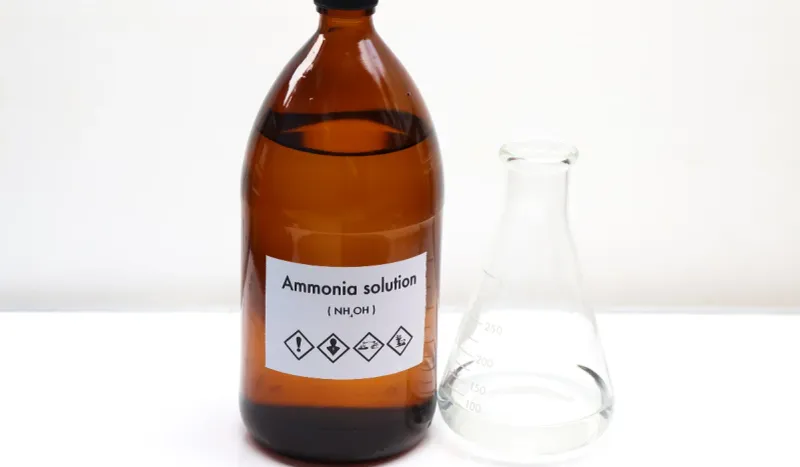
Ammonia mimics predator urine, triggering birds’ instinctive fear response. Its harsh chemical smell creates an environment birds perceive as dangerous.
Place small open containers of ammonia in enclosed spaces like attics or sheds where birds nest. Never use near food plants or where children play. Replace every few days and ensure proper ventilation when using indoors.
12. Pine-Scented Products
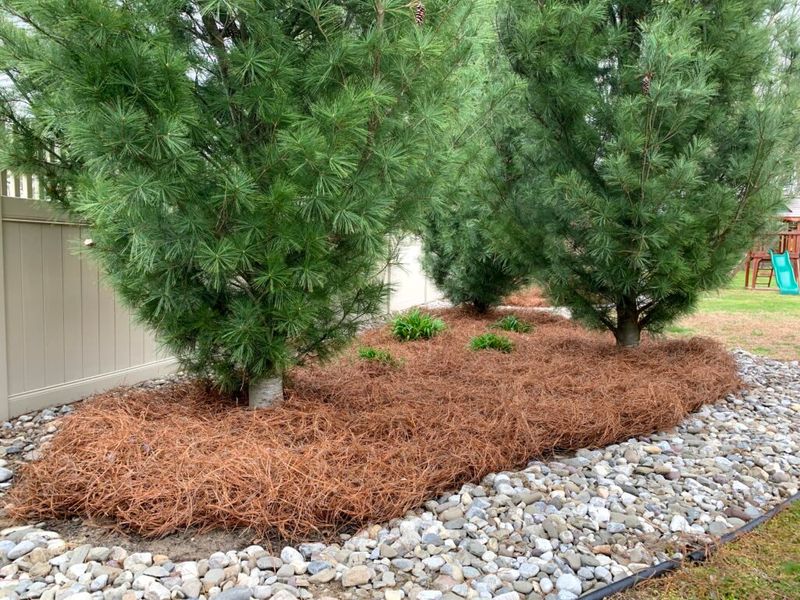
Pine oils contain terpenes that irritate birds’ respiratory systems. The strong, resinous scent we find refreshing creates an uncomfortable environment for most feathered visitors.
Hang pine-scented air fresheners in problem areas or spray pine-based cleaners diluted with water. Pine mulch around gardens provides double protection – physical barrier plus scent deterrent. Refresh pine scents weekly for consistent results.
13. Rotten Egg Smell (Sulfur Compounds)
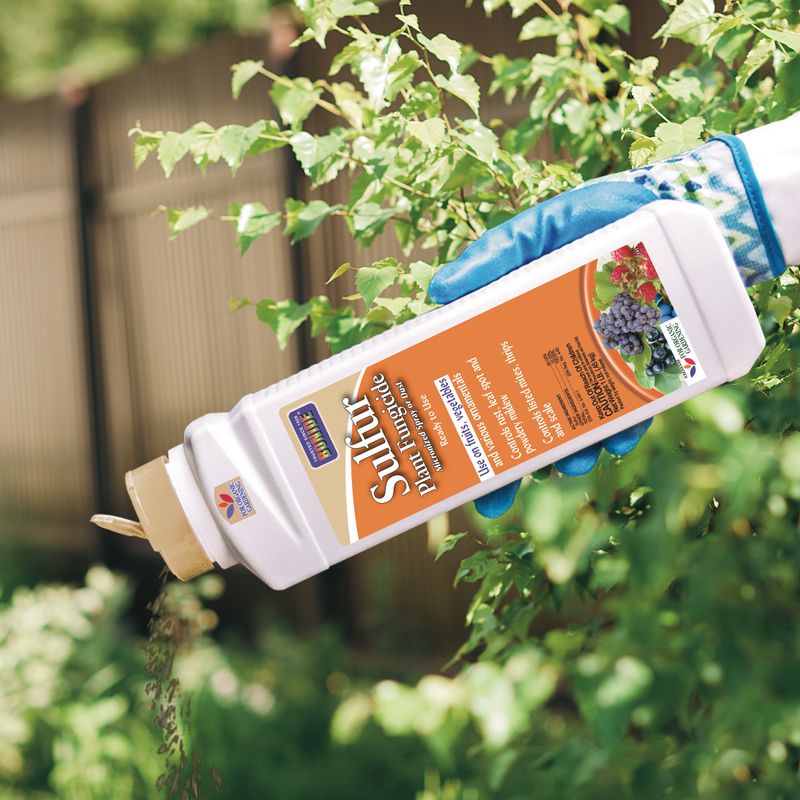
Sulfur compounds mimic predator presence, triggering birds’ survival instincts. Commercial products harness this powerful deterrent in controlled-release formulas.
Look for methyl anthranilate sprays at garden centers – they contain grape seed extract with similar properties but less offensive to humans. Apply according to package directions, typically every 2-3 weeks. Use sparingly near living areas due to the strong odor.

